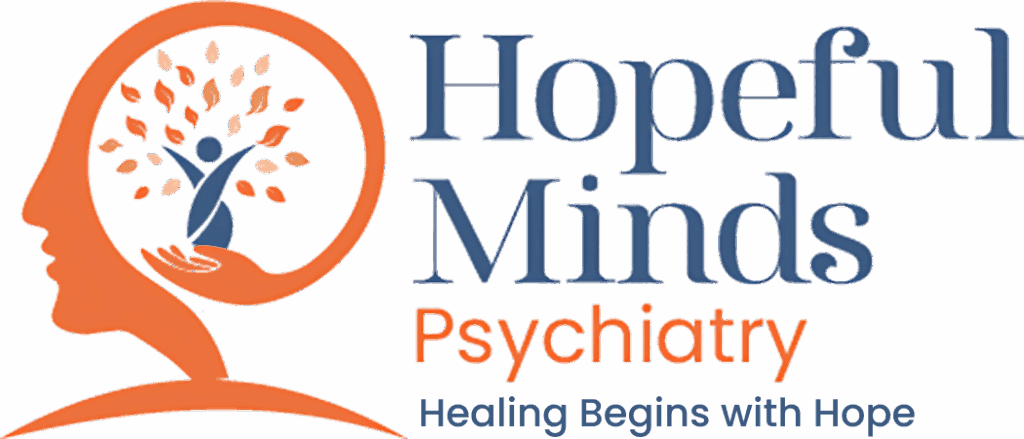What is Anxiety?
Anxiety is a feeling of unease, such as worry or fear, that can range from mild to severe. It is often accompanied by symptoms like:
- Restlessness or feeling on edge
- Fatigue or difficulty sleeping
- Difficulty concentrating
- Physical symptoms such as a racing heart or rapid breathing
Types of Anxiety Disorders
- Generalized Anxiety Disorder (GAD): Chronic worry about various aspects of life.
- Social Anxiety Disorder: Intense fear of social situations.
- Panic Disorder: Sudden episodes of extreme fear or discomfort.
- Phobias: Irrational fear of specific objects or situations.
Recognizing Triggers
- Stressful life events
- Work or school pressures
- Health concerns
- Social interactions
Identifying your triggers is the first step toward managing it.
Coping Strategies
- Practice Mindfulness: Focus on the present moment through techniques like meditation.
- Stay Active: Regular physical activity can reduce stress.
- Build a Support Network: Share your feelings with trusted friends or family members.
- Seek Professional Help: Therapy or counseling can provide personalized strategies.
- Try Relaxation Techniques: Breathing exercises, yoga, and journaling can help calm your mind.
When to Seek Help
If it starts to affect your quality of life, it might be time to consult a professional. Look for signs such as:
- Persistent or worsening symptoms
- Difficulty functioning at work or in relationships
- Physical health problems related to stress
Resources and Support
By recognizing anxiety and taking steps to address it, you can regain control and lead a more balanced life. You’re not alone on this journey, and we’re here to guide you on your journey to better mental health.
